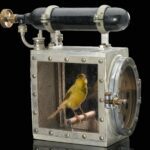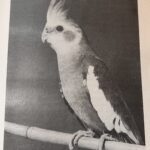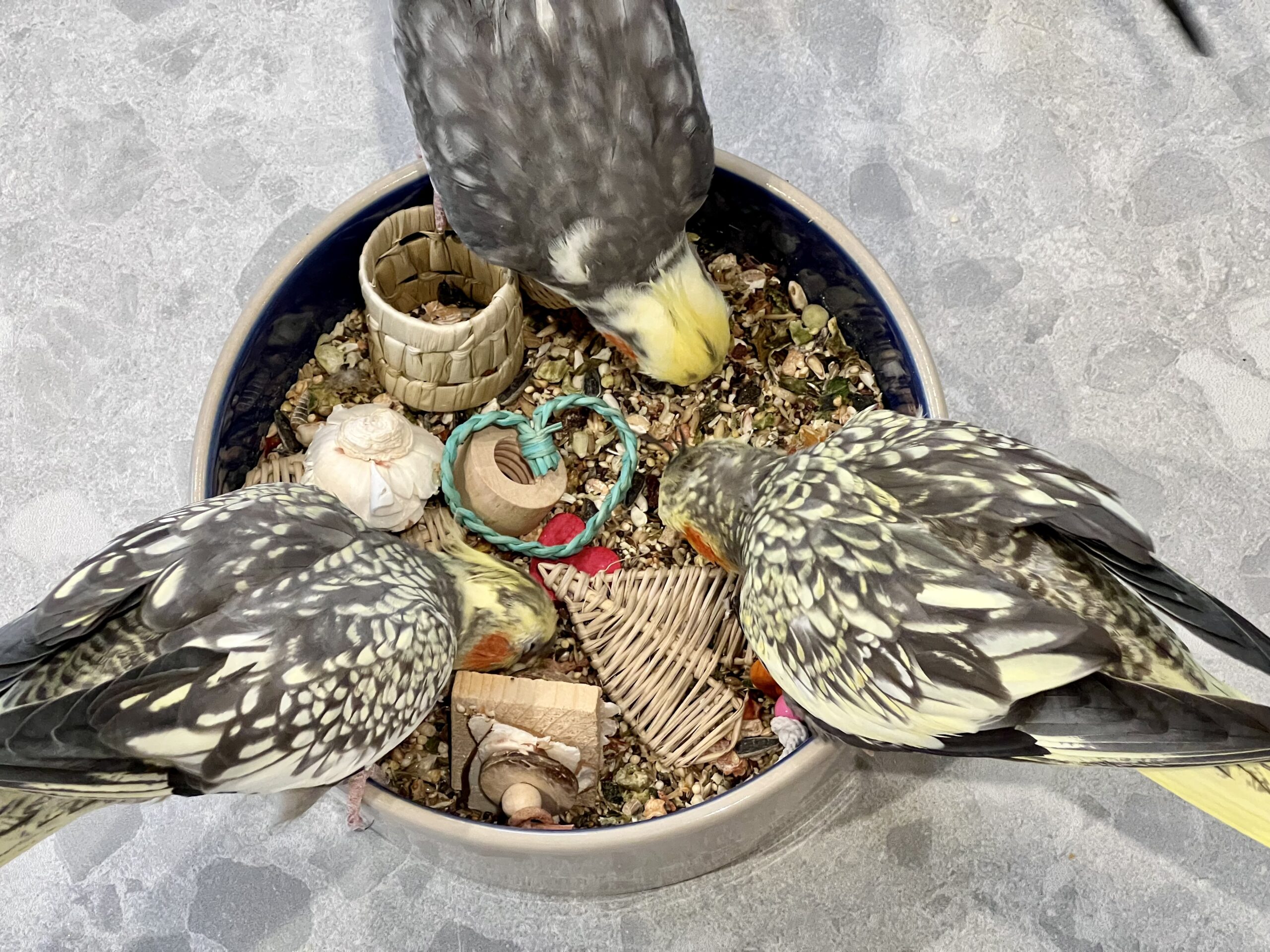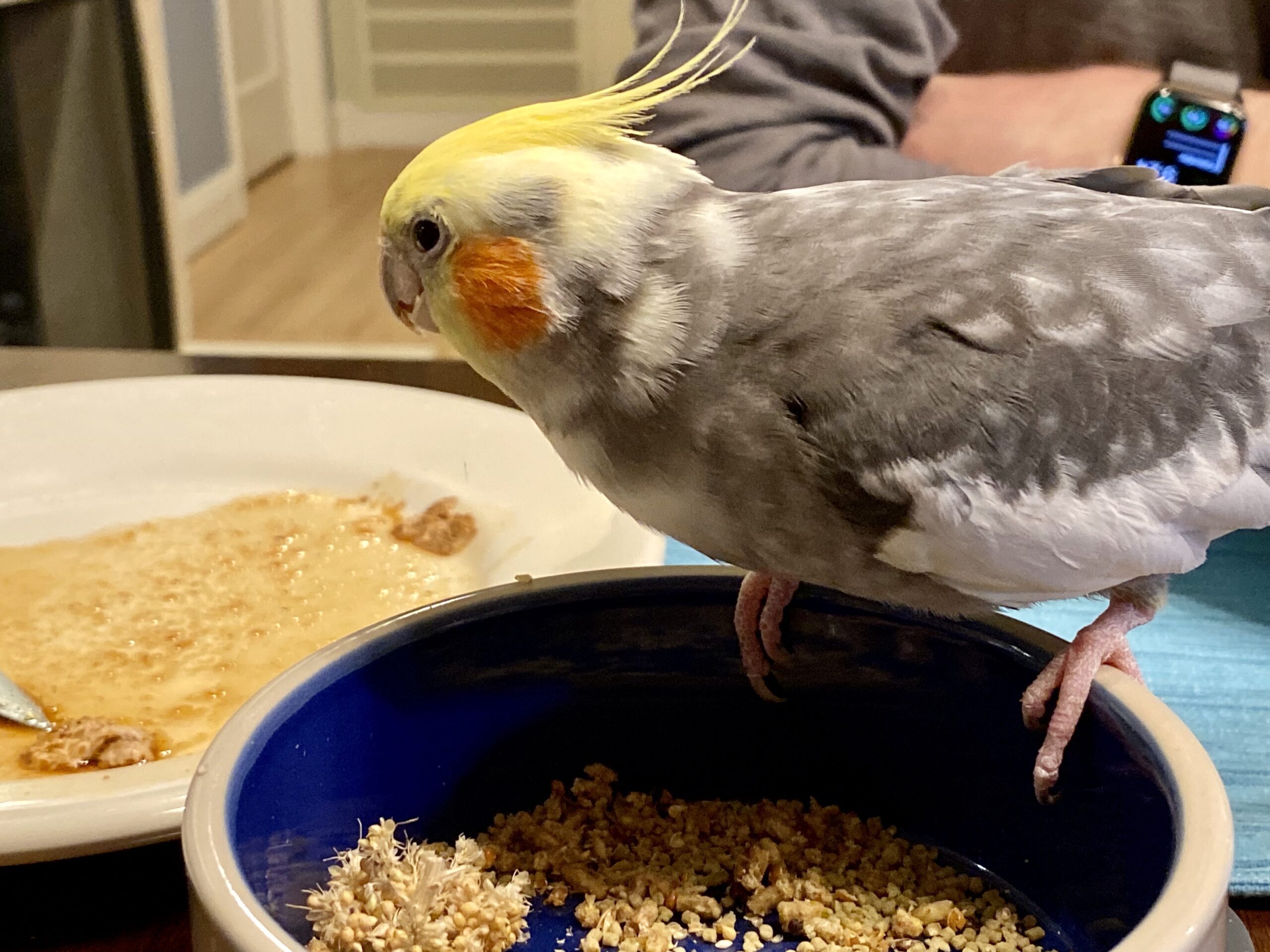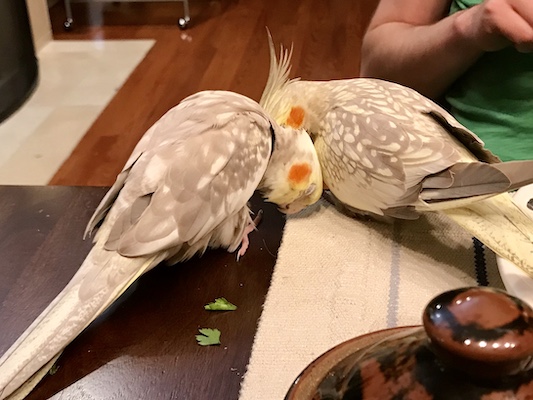
Hormonal behavior in parrots
Just like humans and other animals, hormones can have a profound impact on the health and behavior of birds. They are often overlooked even by vets as potential causes for problems such as feather plucking and aggressive behavior.
Coincidentally, one of my own vets has written a VERY long article on hormonal behavior in parrots that is a must read for anyone who wants to go to the next level of understanding their birds. Or perhaps you have a particularly intractable problem and are curious whether it might have a hormonal basis.
Here’s a link to the multi-part article. Below, I’ll quote some interesting bits.
Hormonal Behavior in Pet Birds
Caveat
I’ll add my own caveat that her conclusions about seed diets are based on a study in the 1980s that that was from the heyday of the low fat, high carb diet. Since then, we now know far more about both human and bird nutrition. Just to name a few things:
- We now know that Fatty Liver Disease is caused by a high carbohydrate diet, not a high fat diet.
- Animal research overwhelmingly points the finger at carbohydrates and not fat as causes for chronic and degenerative diseases such as cancer, heart disease, kidney failure, and metabolic disorder (major causes of obesity and diabetes). Especially in the last 10 years there is an avalanche of new studies.
- We now know that processed food, which exploded in the 1980s around the time that pelleted diets first appeared for birds, have been very detrimental to human health. (Food Rules by Michael Pollan, an extensively researched book, is a great reference here).
So, my advice is take the dietary advice with a grain of salt for now. I have plans to address more about bird diets in the future.
Here are some snippets from the article on hormones.
There has been an alarming increase in the numbers of companion birds that continue to demonstrate specific sets of reproductive behaviors to the point of developing degenerative health conditions. Serious complications of ovulation such as yolk embolus stroke, yolk peritonitis, egg binding, and prolapse are easily recognized as the result of reproductive dysfunction. Other conditions, especially those that have been tacitly regarded as “behavioral” may indeed be the result of hormonal stresses induced by abundance of pet bird care. These may include specific patterns of feather picking, feather barbering, feather loss or dermatitis. Other conditions commonly seen that are likely related to these hormonal stresses are chronic anemia, skeletal bone changes and degenerative changes of abdominal musculature and cloacal tone. In addition to these problems, other medical conditions such as hepatic lipidosis, toxic ingestions due to chronic pica could be the result of chronic hormonal stress or dysfunction.
Hormonal Behavior in Pet Birds—Introduction—Dr Fern Van Sant
Many companion birds scream loudly when an owner is otherwise occupied or out of the bird’s line of sight. Some may start shredding at cage liners or any other material they can get. Some may become obsessed with finding dark places in closets or drawers. Some may loudly demand that owners hold and caress them constantly.
Hormonal Behavior in Pet Birds—Introduction—Dr Fern Van Sant
Several clinical presentations of feather loss seem to regularly occur in concert with hormonally driven behaviors. In many instances reversal of hormonal drives will be followed by regrowth of health skin and feathers.
Hormonal Behavior in Pet Birds—Pet Bird Behaviors Unraveled—Dr Fern Van Sant
If there is one single positive change that pet bird owners can make, it is returning the bird to a regularly recurring photoperiod. Whether in the wild or in captivity, most birds demonstrate a remark-able periodicity to their days. Restoration of a regular recurring day and night cycle usually results in a happier and healthier companion bird.
Hormonal Behavior in Pet Birds—Therapeutic Remedies—Dr Fern Van Sant
That’s just to pique your interest. Hormonal behavior can shorten your bird’s life and cause health and behavioral problems. There are some simple things you can do to prevent problems. If you read only one section, read this one:
